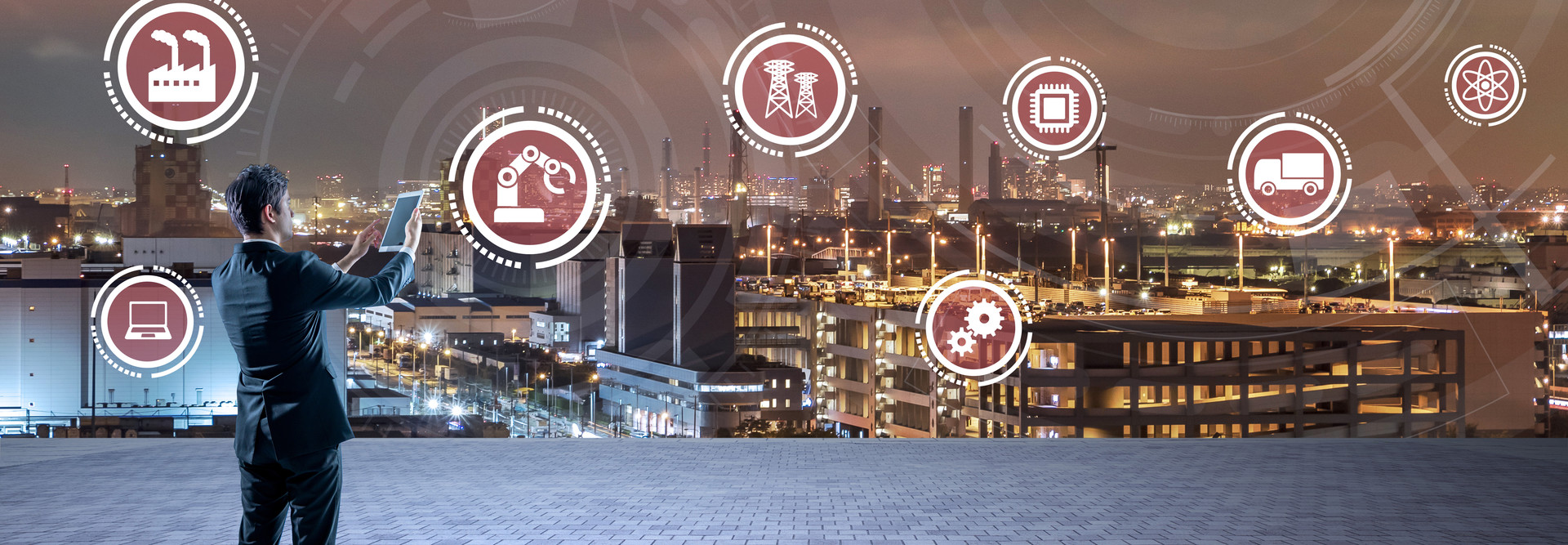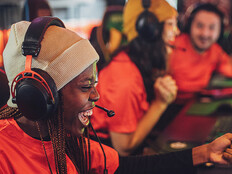New UVA Lab Links Cyber and Physical Worlds
In February, the University of Virginia School of Engineering debuted its interdisciplinary Link Lab, a 17,000-square-foot space where researchers are developing innovative, dynamic systems that connect the cyber and physical worlds.
The $4.8 million lab was designed to support a team of more than 30 faculty members and 100 graduate students. By design, team members represent diverse academic disciplines and expertise in a variety of technologies. That’s important given the wide range of projects the Link Lab tackles, including smart cities, autonomous vehicles and technology-driven healthcare.
Director Jack Stankovic, for example, is a computer science professor whose research interests center on real-time systems, wireless sensor networks, wireless health, cyber-physical systems and the Internet of Things. Associate Director Jonathan Goodall, affiliated with the departments of computer science and of civil and environmental engineering, specializes in hydrology, water resources engineering and hydroinformatics.
SIGN UP: Get more news from the EdTech newsletter in your inbox every two weeks!
Interdisciplinary Experts Develop Well-Rounded Solutions
Organizers sought to bring together professionals and students whose wide-ranging backgrounds would bring broad support to the lab’s research efforts, Craig Benson, dean of the engineering school, said in an interview with UVA Today.
“We’ve got this unique ecosystem with a strong medical school, a strong hospital and strong schools of engineering … all within walking distance of each other,” Benson said. “We’ve got experts in algorithms, sensors, computations, systems and applications, and the nexus is an advantage for UVA … the Link Lab is all about creating an environment where scholars and students can work together on real-world problems.”
So far, researchers have created a communication system for connected autonomous vehicles and a model to show how sensors and wearable monitors could improve home care for patients with conditions such as dementia and diabetes.
Other projects in the Link Lab include:
- Creating interfaces between driverless cars and their passengers that would keep the latter informed about the cars’ actions (and therefore feeling safer on the road)
- Using cyber-physical systems to understand, analyze and manage natural and built water systems to address resource challenges
- Using information about building occupants’ locations and activities to more strategically employ heating and cooling and provide feedback about water and electricity usage
Aspiring Cyber-Physical Experts Hone Skills
Of note, each of these endeavors has the potential to deliver practical results. In the project on utility usage, for example, early results indicate that just $25 worth of sensors could reduce heating, ventilation and air conditioning consumption by 28 percent, according to University of Virginia assistant professor Kamin Whitehouse.
For students, one big benefit of working in the Link Lab is the chance to gain hands-on experience using principles they learn in cyber-physical system courses. But a close second, says Benson, is the opportunity to work alongside faculty members.
“The space allows faculty and students to thrive in an environment that’s moving and growing and continuously evolving,” he told UVA Today. “Students are learning from faculty, and faculty are learning from students. It’s not traditional higher education. It’s a model of what higher education around the world is going to be in the future, and it’s a heck of a lot of fun.”









